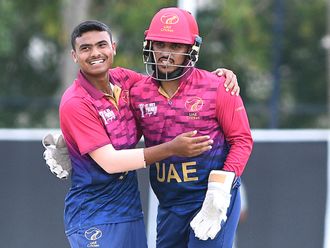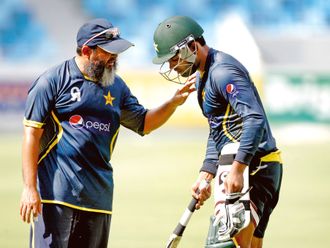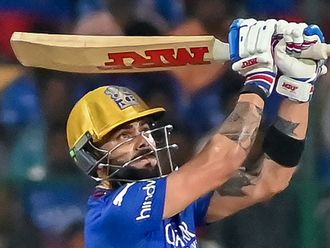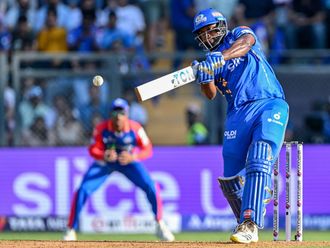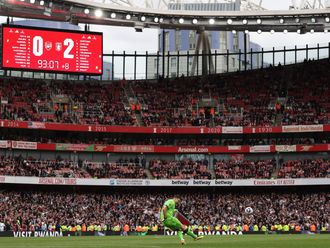Dubai: The Board of Control for Cricket in India (BCCI) officials have breathed a sigh of relief with the Supreme Court amending its earlier order and allowing any official to be an office bearer of the BCCI or state cricket associations for nine years each. This will allow a total of 18 years in cricket administration.
This clarification has contradicted the Lodha Committee’s interpretation of the court’s order on January 2, when the committee said that an office-bearer would be ineligible to continue if he had served nine years in total, whether at BCCI or state level or combined.
Meanwhile, in connection with the appointment of a Committee of Administrators (COA) to run the BCCI, the bench of Justice Dipak Misra, Justice A.M. Khanwilkar and Justice D.Y. Chandrachud received a list of nine names in a sealed envelope from lawyers Gopal Subramaniam and Anil Divanas. The court had asked amicus curiae Subramanium and senior legal counsel Divan to nominate suitable candidates.
On receiving the list, the court asked whether any of the candidates were over the age of 70 as the Lodha Committee had recommended that BCCI and state office-bearers should be under 70. Information from some quarters suggests that two of the names recommended are Bishen Singh Bedi and Farokh Engineer, both of them over 70.
The court also voiced the opinion that a nine-member panel was “too big”.
The Supreme Court will now name the administrators on January 24 .
R.M. Lodha, the former chief justice of India and chairman of the Lodha Committee, revealed that the COA would issue a fresh set of guidelines for the BCCI and state associations to adopt the new constitution in accordance with the recommendations. “There has to be [fresh timelines], but that will be done by the administrators. We said we don’t have that much of time, and that there has to be layers of administrators. The changes will happen. We will be there to supervise and guide the administrators.”
There is a also a likelihood that the ‘one state one vote’ policy approved by the apex court in its July 18 verdict might be looked into soon given the presence of the Kolkata-based National Cricket Club, the Cricket Club of India in Mumbai and the three institutional members — Railway Sports Promotion Board, Services Sports Control Board and All India Universities. The policy also meant that in states with more than one cricket association, as in the case of Gujarat (Saurashtra, Gujarat and Baroda) and Maharashtra (Mumbai, Maharashtra and Vidarbha), the associations will have voting rights on a ‘rotational basis,’ one at a time.
The apex court said that these issues will be dealt with at a later stage, after the court appoints a panel of administrators to govern the BCCI in the interim and implement the Lodha panel recommendations. The case will be heard on January 24.



